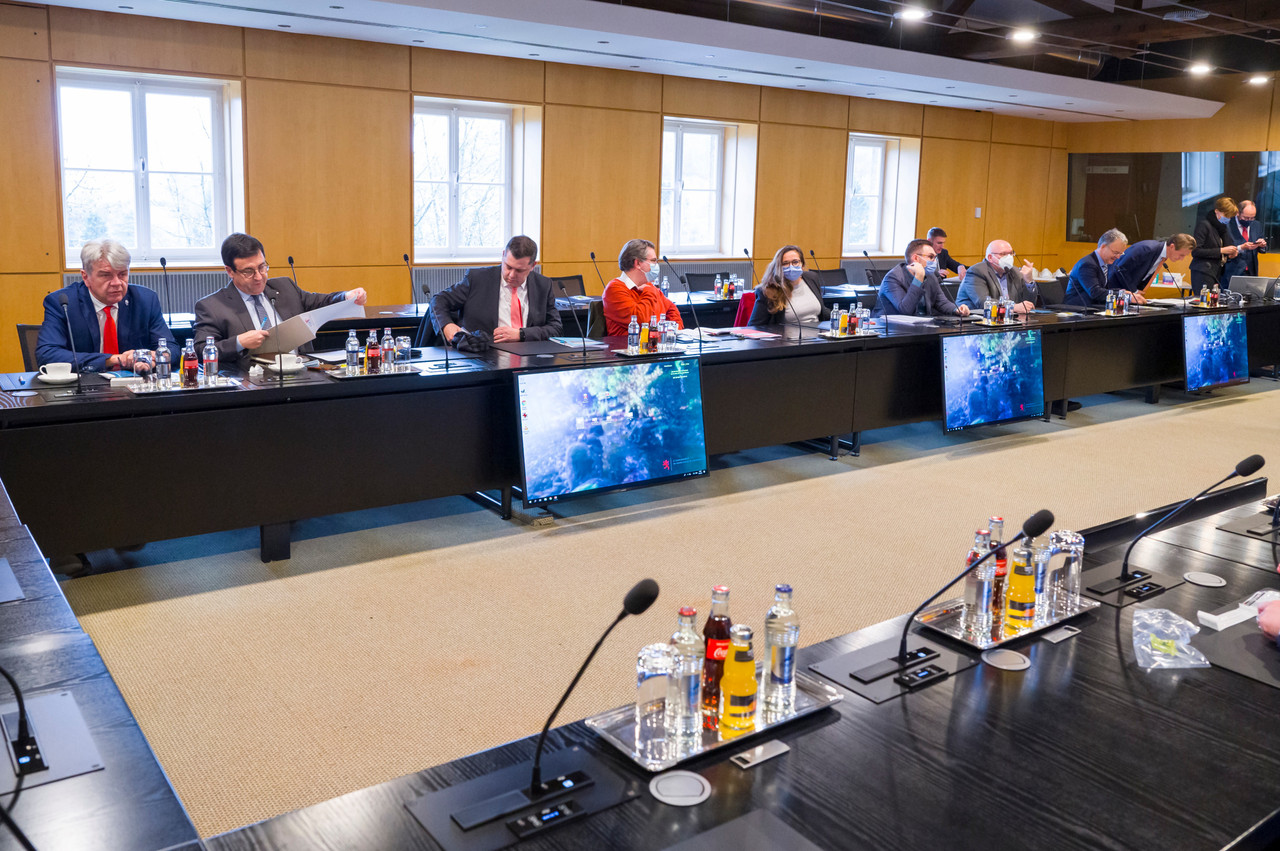Following a meeting with employer and employee representatives, the government on Monday that it would extend partial unemployment and two pandemic business grants until February 2022.
While the UEL welcomed this decision, it said it lacked a clear strategy. The measures have been extended on a short-term basis for months. The European Commission meanwhile has already given the green light to extend aid until the end of June next year and the UEL said it wants to see a “a real exit strategy out of the crisis.”
The group warned that long-term challenges must be addressed, such as the looming threat of exploding pension system costs. With the government estimating 50,000 new jobs to be created in the country by 2025, the UEL also said that housing issues and social cohesion must be addressed to support this demographic growth.
Labour unions this week had with the government, saying policymakers had failed to address to a wide-ranging catalogue of measures proposed by the CGFP, LCGB and OGBL. These included reviewing benefits in light of the rising cost of living.
But the UEL on Thursday countered that state finances “leave no room to further increase the generosity of our welfare state.”
While the government on Monday said it would not change the system of adjusting wages to inflation, the UEL warned that indexation could lead to a “wage-price spiral”. The organisation had previously suggested that indexation so that low income earners benefit from the measure but limiting the cost for companies at the same time.
The union warned that rising energy prices and the threat of indexation had already led businesses to cutting their 2022 investment budgets, “which will have consequences for the potential growth of the country.”
Luxembourg will struggle to remain competitive, it said, but a strong economy is the basis for the welfare state. “Maintaining business activity and employment in a context of exiting the Covid-19 crisis is the goal that unites us all: the state, employees and businesses,” it said.
